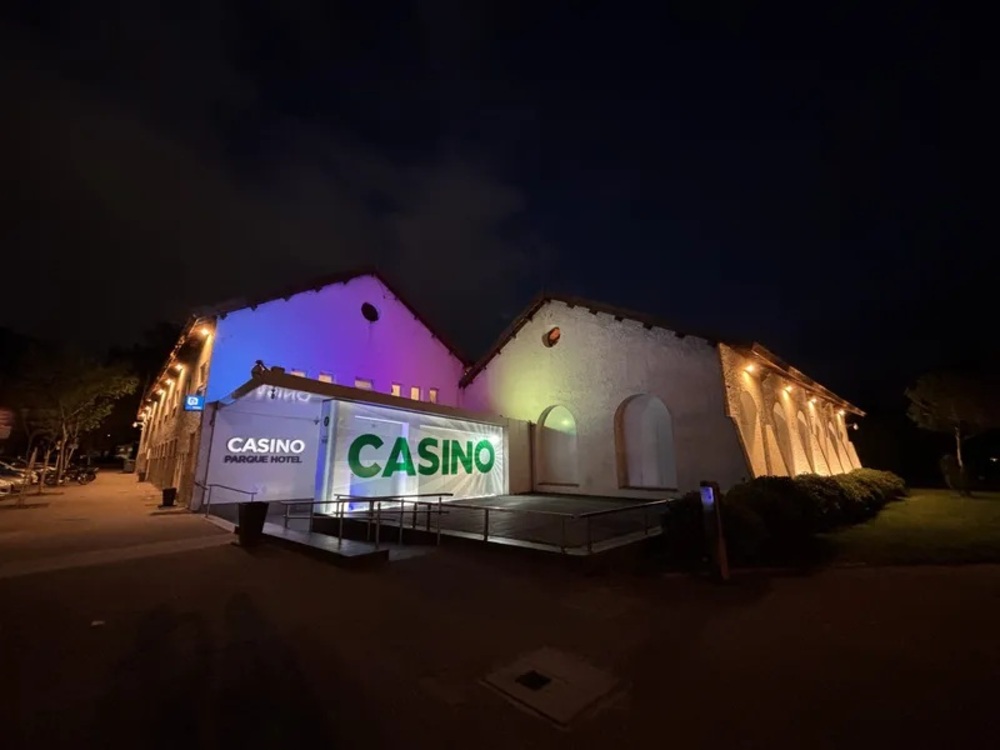Montevideo Municipal Casino Reports Heavy Losses and Considers State Takeover

Uruguay.– November 21, 2025 – www.zonadeazar.com The Municipal Casino of Montevideo, operated by the Municipality of Montevideo, has reported substantial financial losses that could lead to a structural shift in its management model. Authorities are evaluating the possibility of transferring full operational responsibility to the national government, raising new questions about the sustainability of state-run gaming operations in Uruguay.
Overview
The casino’s continued operational deficit has triggered a deep review of its financial performance and governance structure. What was once considered a stable municipal asset has now become the center of a political and economic debate. The situation challenges the assumption that municipally managed casinos consistently generate revenue for public budgets.
The potential transition to state control reflects a broader concern over efficiency, competitiveness and long-term viability within Uruguay’s regulated gaming framework. The Montevideo case is now a key indicator of how public-sector gaming operations cope with increasing market complexity and growing competition from the private sector.
Details / Context
Reports indicate that the casino has accumulated losses despite the post-pandemic rebound in tourism and the regional recovery observed in entertainment venues across Carrasco, Punta del Este and Montevideo. Persistent deficits have drawn attention to operational inefficiencies, outdated technology, rising costs and possible misalignment between the current model and modern gaming trends.
As a result, the Municipality of Montevideo is considering transferring management to national authorities or exploring hybrid alternatives involving external operators. This would require evaluating regulatory compliance, operational frameworks, concession terms and the overall strategic role of the casino within Uruguay’s gaming ecosystem.
Although some government sectors argue that municipally managed gaming rooms remain profitable overall, conflicting data regarding the true financial performance of the Montevideo Municipal Casino has intensified public debate. Analysts point out that sustaining the current structure without reform would likely require substantial public resources, placing additional pressure on municipal budgets.
Subtopics
1. Efficiency challenges for public-sector casinos
The casino’s losses raise concerns about the long-term viability of municipal gaming operations. The possibility of transferring management to the State highlights the need for greater efficiency, modern technology and updated business models.
2. Implications for Uruguay’s regulated gaming sector
If a state-run casino requires intervention, the message to private operators is clear: strong management and rigorous cost controls are essential for sustainability. This may eventually lead to reviews of concession contracts, tax frameworks and regulatory obligations for other gaming operations in the country.
3. Fiscal pressure and political considerations
The deficits imply that municipal funds may be used to cover operational losses, a controversial scenario that has generated political tension. Public perception of how gaming revenues should be managed is now at the center of the discussion.
4. A regional signal for Latin American markets
Uruguay is often viewed as a regulatory benchmark in Latin America. The financial challenges of a municipal casino introduce doubts about the efficiency of state-managed models and may influence how emerging markets design their own public-private frameworks.
Future Outlook
The coming months will be crucial as the Municipality decides whether to maintain direct management, restructure the entire model or transfer the casino to another public or private entity. Any decision will likely require regulatory adjustments, operational reforms, modernization investments and a redefinition of the casino’s strategic purpose.
For private operators, the case may lead to renewed expectations regarding transparency, efficiency and competitive fairness in Uruguay’s gaming industry. A failing municipal operation could open the door to new partnerships, concessions or management alternatives involving external operators.
International observers —including investors, regulators and regional gaming operators— are closely watching the situation. A successful reform could become a model for hybrid public-private management in Latin America, whereas a stalled or unsuccessful transition may discourage future investments in state-linked gaming assets.
At this stage, the Montevideo Municipal Casino stands as a test case for the future of public gaming operations in the Southern Cone.
🔗 Editó: @_fonta www.zonadeazar.com